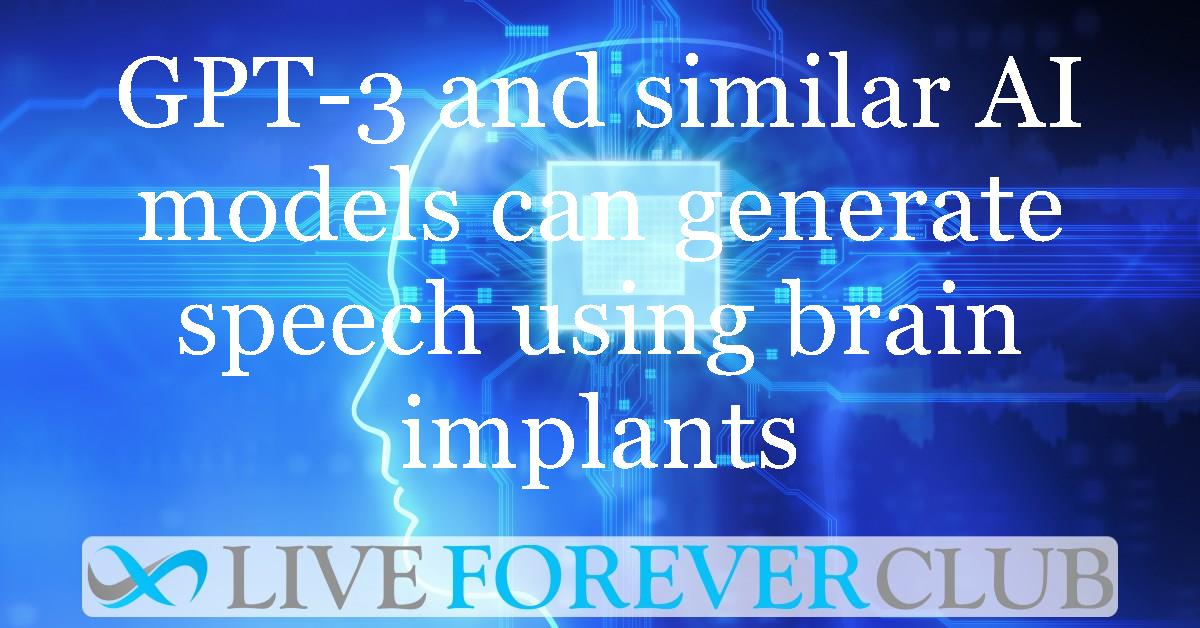Key points from article :
The study helped a 67-year-old woman restore her ability to communicate with the outside world using brain implants at a record-breaking speed.
Known as “T12,” the woman gradually lost her speech from amyotrophic lateral sclerosis (ALS), which progressively robs the brain’s ability to control muscles in the body.
With her implant, T12’s attempts at speech are now decoded in real-time as text on a screen and spoken aloud with a computerized voice.
The study also tapped into the largest vocabulary library used for speech decoding using an implant—at roughly 125,000 words.
We’re beginning to “approach the speed of natural conversation,” the author, Krishna Shenoy said.
The new study, a part of the BrainGate2 Neural Interface System trial, used a clever workaround.
The tech (language models, or AI algorithms, GPT-3)—when combined with the patient’s own neural signals—could potentially “autocomplete” their thoughts
The study was carried out at Stanford University and was published on the preprint server bioRxiv.






